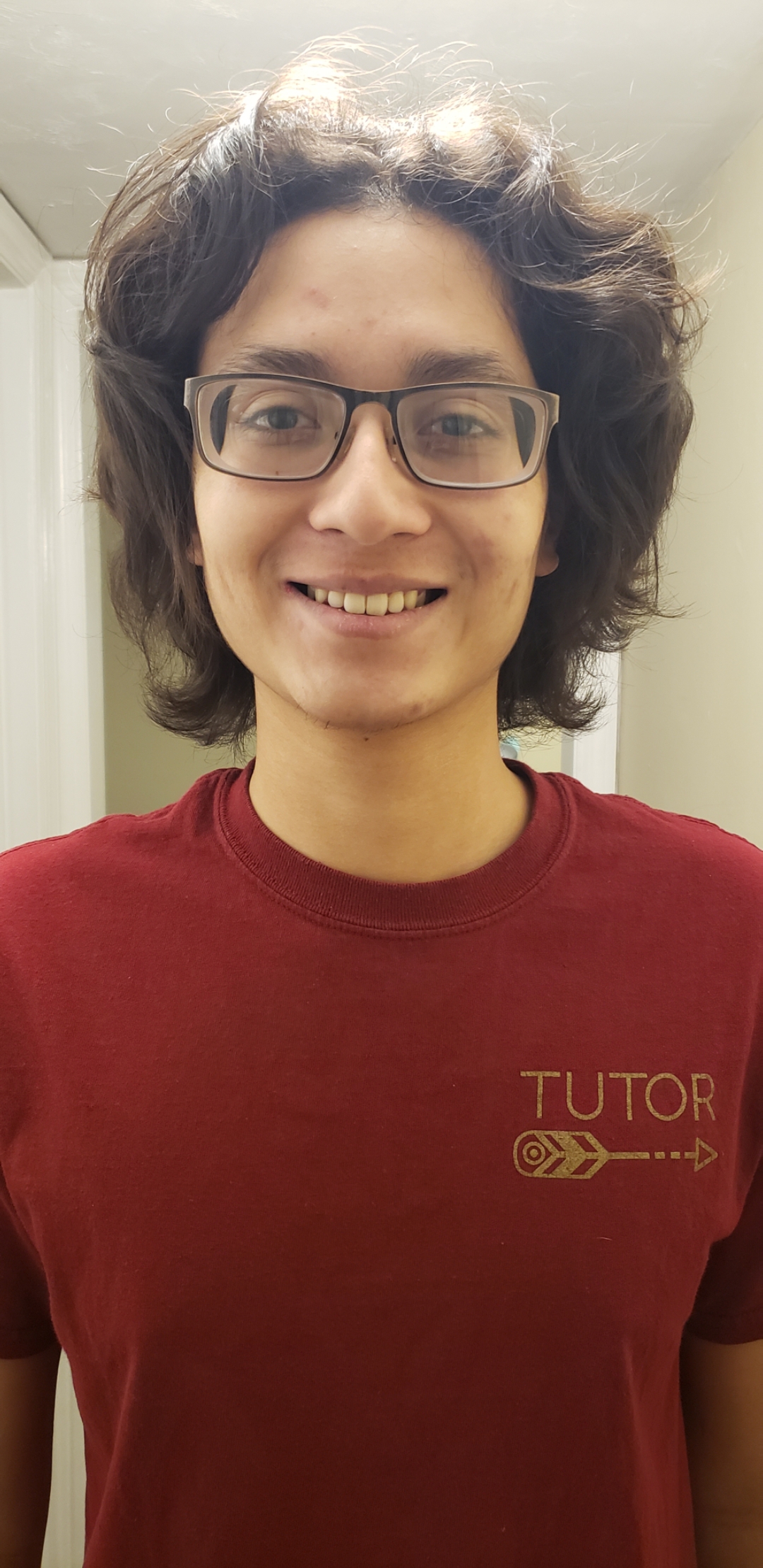Research Symposium
22nd annual Undergraduate Research Symposium
Alejandro Narvaez Poster Session 5: 1:30-2:15/Poster #70

BIO
I am a 22-year-old senior at Florida State University. I was born in Venezuela, where I spent the first 8-9 years of my life. After that and until last year, I lived in Panama, where I entered the FSU Panama Campus on 2018. After two years there, I transferred to the main campus. Here, I met one of my favorite professors and now mentor, Dr. Debra Fadool, who let me join her undergraduate research team. My personal research goals involve the use of neuropharmacology for the treatment of brain dysfunction, injury, and disease. My hope for my career is that one day I can myself become a professor and researcher like Dr. Fadool.
Therapeutic Potential of Chronic Administration of Cannabidiol for Treatment of Anxiety
Authors: Alejandro Narvaez, Dr. Debra FadoolStudent Major: Cell and Molecular Neuroscience
Mentor: Dr. Debra Fadool
Mentor's Department: Department of Biological Science Mentor's College: College of Arts and Sciences Co-Presenters:
Abstract
With the growing popularity of cannabis products in the market, and their advertised therapeutic potential, little literature is available about its effectiveness after recurrent use. Our objective was to assess changes in behaviors following chronic administration of cannabidiol (CBD) using a knockout mouse model that exhibits trait anxiety and attention deficit-like behaviors. To test this mouse model, we examined dose-responsiveness. Three-month-old knockout (Kv1.3-/-) and wildtype mice were tested for anxiety and other traits using 24- and 1-hour memory, object attention (ADHD), elevated plus maze (EPM), light-dark box (LDB), and marble-burying tests. Mice were administered 18 doses of CBD over 4 weeks; testing took place in the fourth week. Mice of both sexes were separated into cohorts, and they were designated to receive an intraperitoneal injection of low- or high-dose drug (10 or 20 mg/kg), or a vehicle solution at equivalent volume. When CBD was administered chronically, the drug had no effect on compulsive-like behaviors. Chronic drug administration lessened anxiety in the LDB and EPM for wildtype mice. For knockout mice, however, it was ineffective in the LDB and made them anxiogenic in the EPM. In addition, drug-treated wildtype mice in the LDB took longer to move to a dark compartment and had more transitions between compartments, whereas in the knockout mice, there were no significant locomotor changes. In conclusion, our data suggests that CBD may act as an anxiolytic drug in subjects that present situational anxiety, but that it may not be effective in subjects that already have trait anxiety.
Keywords: Cannabidiol, Anxiety, Chronic, Treatment
